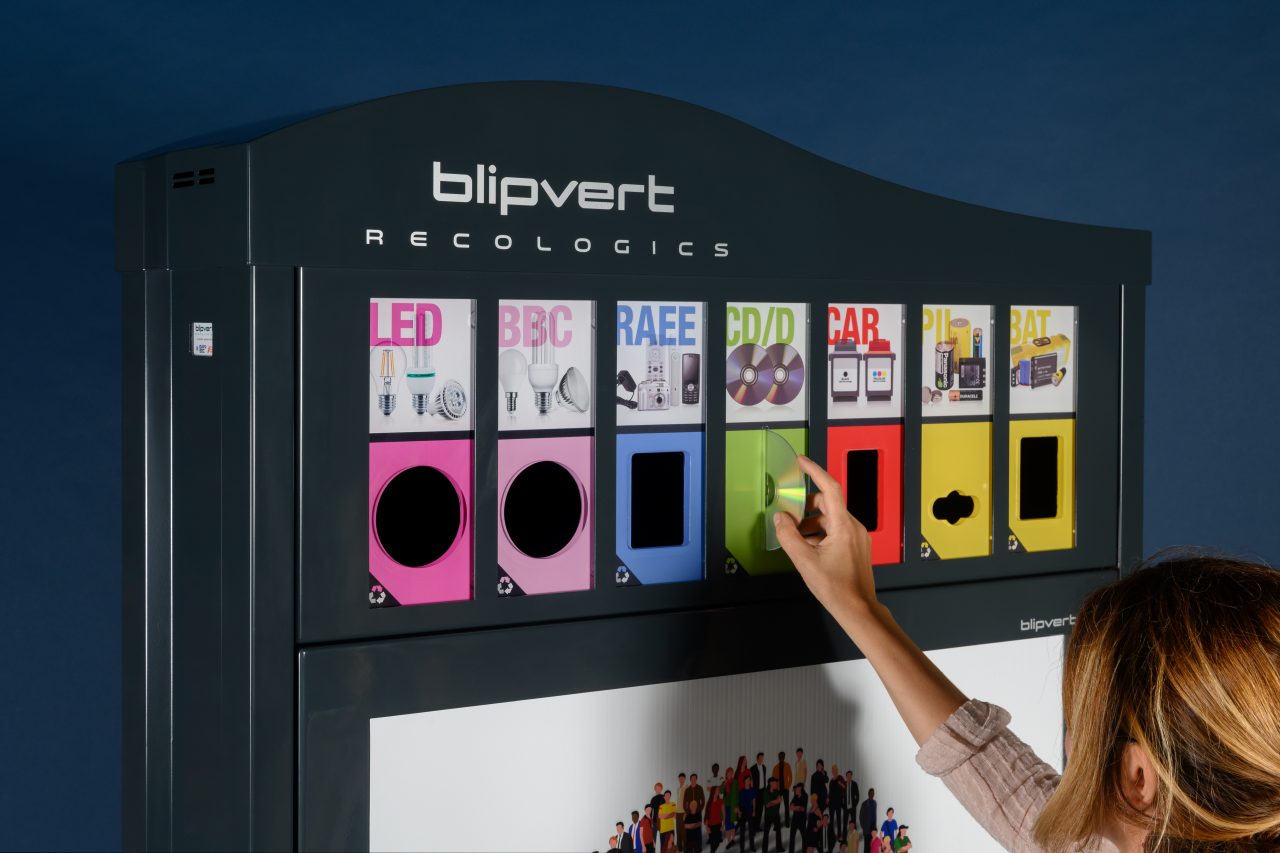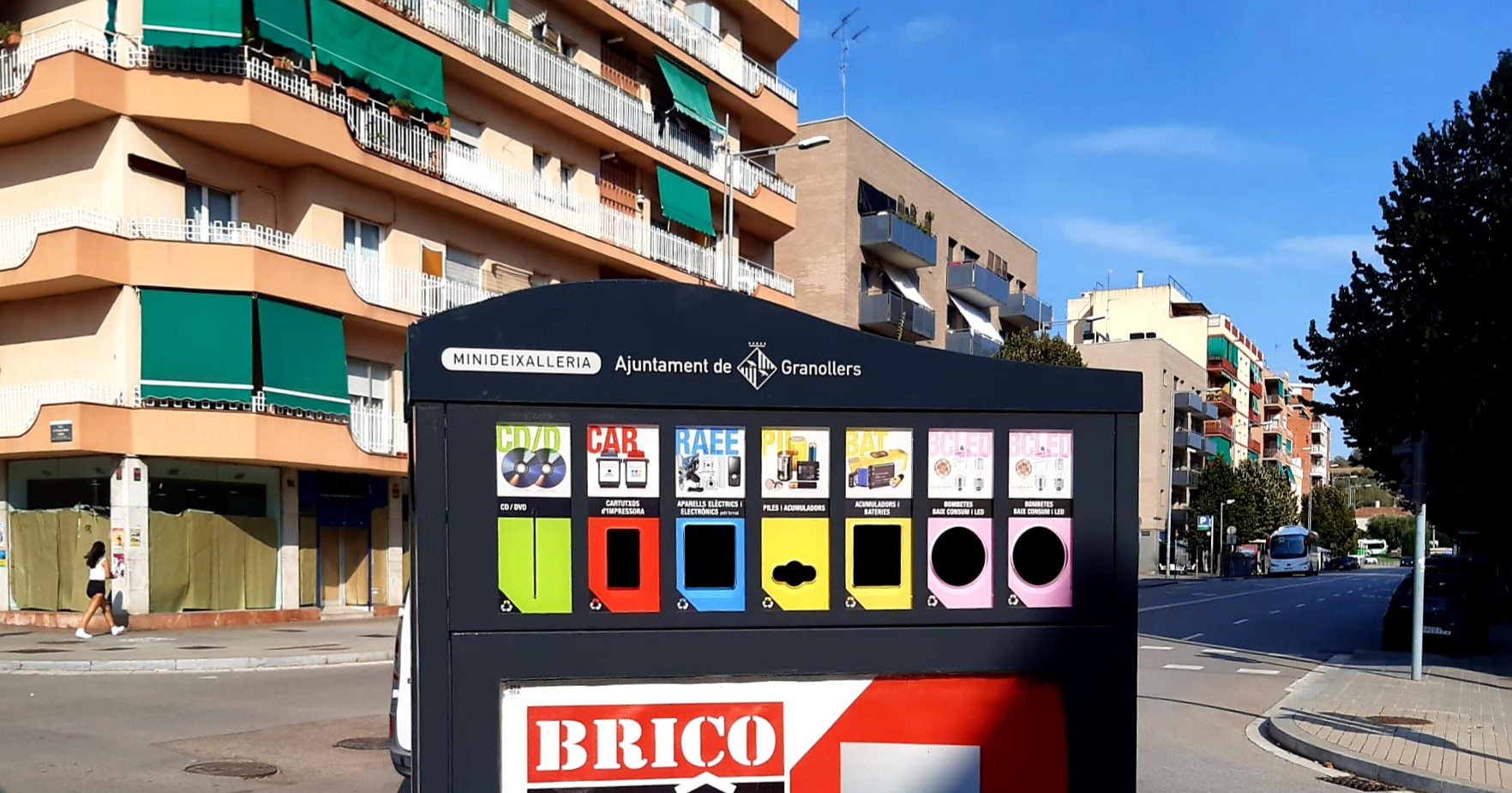Where are the light bulbs “thrown”?
Light bulbs and luminaires usually have a considerably long life, but in the end, they stop working. Then comes the big question: Where do I throw the bulbs? Which is the suitable container?

It is important to know where we should throw the bulbs, because many contain, in addition to glass, components like plastics, metals, gases and other elements such as mercury, highly toxic and harmful to the environment and, of course, to our health.
There are many containers (green, yellow, gray, brown, white …) and sometimes it is difficult to know where to throw things like, for example, a light bulb.
In fact, many people make mistakes and throw the bulbs in the green container, the one made of glass.
Error!:Light bulbs and luminaires are never to be deposited in the green container.
Contents of the article
The reason?
That in addition to glass, some bulbs can be made of plastics, metals or gases, and some of those, for instance mercury dust, are extremely toxic and harmful to health.
Therefore, do not accumulate light bulbs at home to preserve your health and that of the people who live with you, because they can break and emit dust or harmful gases.
As soon as you can, take them to the store or commercial establishment where you bought them, because most of them offer a collection service for used bulbs and luminaires (even if it is not in sight).
If you are far from the store where you bought it, find out where the municipal Waste Facility for recycling closest to your home is and take there those bulbs and luminaires that have stopped working.
And, of course, the most comfortable thing is to have a Blipvert Urban Recycle Station next to your home.
Does your municipality have Urban Recycle Station?
Blipvert’s Recycle Stations are urban selective collection containers designed by Blipvert Recologics so that we deposit in them small household waste such as cells, batteries and accumulators, CD’s, printer cartridges, all kinds of small format WEEE and, of course, so that you can easily and cleanly detach the bulbs that have stopped working.

Its advantages?
Blipvert’s Urban Recycle Stations are always located very close to you, in busy areas, with pedestrian crossings and easy access, open 24 hours a day and available 7 days a week.
Always available: 24 hours / 7 days a week
Always close to you: in pedestrian and easy access areas
Segregation is the decisive moment in the recycling process, and this is especially tricky with small waste such as light bulbs. For this reason, the Urban Recycle Stations have seven independent deposits that store each waste separately and facilitate its collection and transport to recycling.
Do not accumulate polluting waste at home: take care of yourself and the environment by depositing the bulbs in the right place so that the process of transport, separation, and correct treatment of each of their materials begins.

